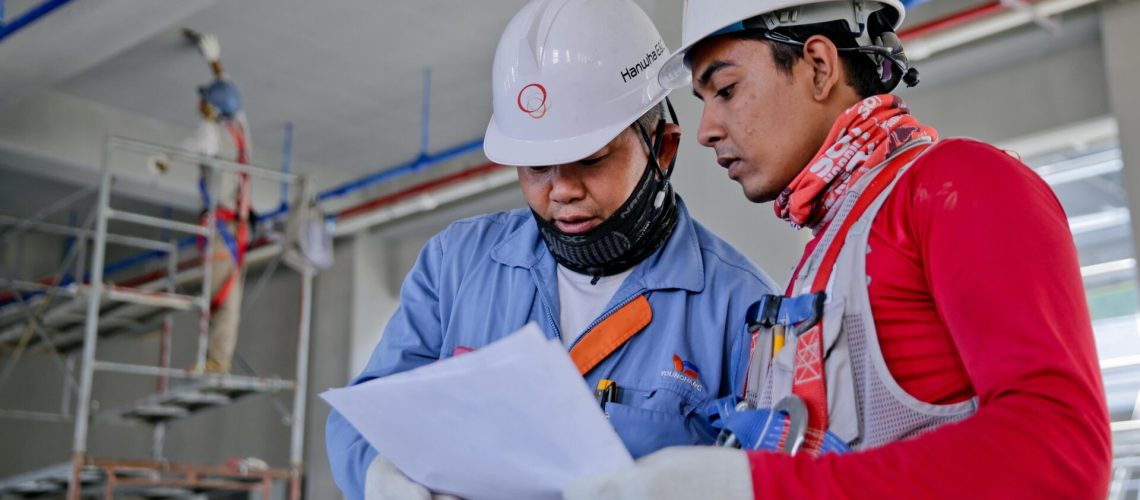Industrial automation is no longer a supporting function—it has become the beating heart of modern industries. As we move into 2025, technology is shaping factories, supply chains, and even the way humans interact with machines. This isn’t evolution at a snail’s pace; it’s a revolution happening in real time.
Automation is rapidly transforming industries worldwide. From AI-powered predictive maintenance to fully connected IIoT ecosystems, businesses are embracing smarter, safer, and more sustainable solutions. What used to be considered futuristic is now becoming standard practice.
But what does this mean for businesses? It means new opportunities, new challenges, and new ways of thinking. Automation is no longer just about increasing speed or reducing labor costs—it’s about building resilience, enabling data-driven decision-making, and staying competitive in a global market.
🔹 The Rise of Smart Factories
Smart factories are at the core of Industry 4.0. These are facilities where every machine, device, and sensor is connected, sharing real-time data across networks. This connectivity allows for better visibility, improved efficiency, and faster responses to problems. In 2025, the smart factory will not be a luxury; it will be an expectation.
🔹 Artificial Intelligence in Maintenance
AI is transforming preventive maintenance into predictive maintenance. Instead of scheduling maintenance based on hours of use, companies now analyze real-time data to predict exactly when equipment will fail. This approach reduces downtime, extends equipment life, and saves significant costs. Imagine knowing a pump will break two weeks before it happens—that’s the power of AI in automation.
🔹 IIoT and Connectivity
The Industrial Internet of Things (IIoT) connects machines, sensors, and systems, creating a network that speaks the same language. With protocols like OPC UA, Modbus, and IEC standards, industries are moving toward interoperability. In 2025, more companies will adopt IIoT platforms to integrate operations with business systems like ERP and MES.
🔹 Data-Driven Decisions
Data is the new oil, but raw data is useless without insights. Modern automation solutions collect terabytes of data daily. With advanced analytics, industries can now identify inefficiencies, forecast demand, and optimize resource usage. In 2025, companies that ignore data analytics risk falling behind.
🔹 Sustainability and Green Automation
Sustainability is not optional anymore—it’s a requirement. Automation plays a key role in reducing energy consumption, optimizing raw material usage, and minimizing waste. Smart sensors track emissions, while advanced control systems adjust processes to cut energy use. By 2025, green automation will be a competitive advantage for businesses looking to meet environmental regulations and win customer trust.
🔹 Human + Machine Collaboration
Automation isn’t about replacing humans—it’s about empowering them. Cobots (collaborative robots) are designed to work side by side with humans, handling repetitive tasks while employees focus on creativity and problem-solving. In 2025, this partnership will become standard practice in industries worldwide.
🔹 Cybersecurity in Automation
With increased connectivity comes increased risk. Industrial networks are now prime targets for cyberattacks. Protecting SCADA systems, PLCs, and DCS platforms is critical. Companies must invest in secure protocols, firewalls, and employee training to safeguard against cyber threats. By 2025, cybersecurity will be a boardroom discussion, not just an IT concern.
🔹 Global Competitiveness
Automation levels the playing field. Smaller companies can now adopt advanced systems that were once reserved for large corporations. This democratization of technology will fuel competition, pushing industries to innovate faster and smarter.
🔹 Skills and Training
As automation grows, so does the need for skilled professionals. Engineers, technicians, and operators must learn to manage modern PLCs, SCADA platforms, and industrial networks. Companies investing in employee training will gain an edge. By 2025, continuous learning will be the backbone of industrial success.


